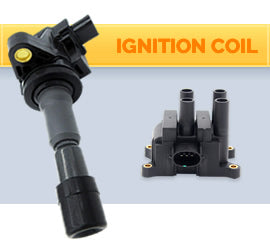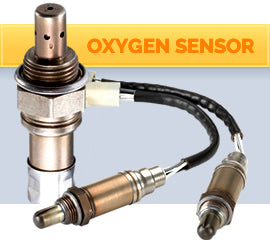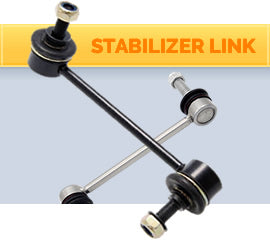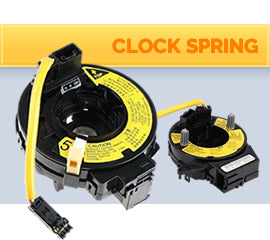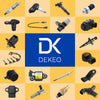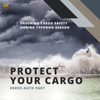Import Regulations and Requirements: A Comprehensive Guide for Automotive Parts Importers
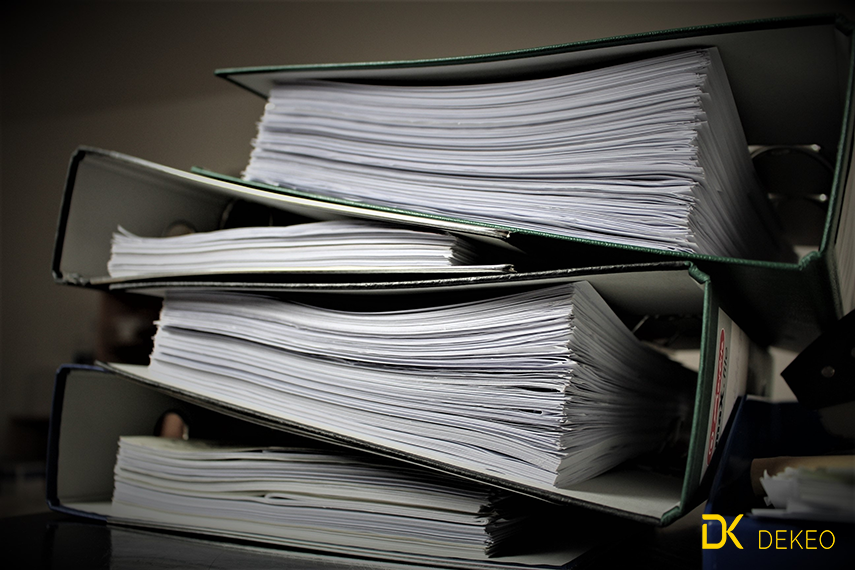
Introduction
The global automotive industry is a dynamic and rapidly evolving market, with businesses and individuals increasingly looking to import auto parts to meet their specific needs. To ensure a smooth and successful import process, it's essential to be aware of the relevant import regulations, customs procedures, tariffs, and other requirements. This comprehensive guide will help automotive parts importers navigate the complexities of international trade with ease.
- Understanding Import Regulations
Import regulations vary by country, and it's crucial for automotive parts importers to familiarize themselves with the specific regulations governing their target market. Some countries may have strict requirements for imported auto parts, such as safety and environmental standards, while others may have more lenient regulations. Importers should consult their local customs authority or an experienced customs broker for guidance on the applicable import regulations.
- Customs Procedures and Documentation
When importing auto parts, importers must follow the customs procedures of the destination country. This typically involves submitting the necessary documents, such as the commercial invoice, packing list, and bill of lading, to the customs authority. Additionally, importers may need to provide proof of conformity to relevant safety and environmental standards, and, in some cases, obtain an import license.
- Tariffs and Duties
Import tariffs and duties are taxes levied on imported goods, and they can significantly impact the overall cost of importing automotive parts. Tariffs and duties vary by country, product type, and the country of origin of the imported goods. Importers should research the applicable tariff rates and determine if any preferential trade agreements or duty exemptions apply to their imports. A customs broker or freight forwarder can also provide valuable assistance in this area.
- Other Requirements
In addition to import regulations, customs procedures, and tariffs, automotive parts importers should be aware of other requirements that may apply to their imports. These can include product labeling and marking requirements, intellectual property protection measures, and potential import restrictions or quotas.
- Partnering with a Reliable Supplier
One of the most critical factors for success in importing automotive parts is partnering with a reliable supplier. A reputable supplier can provide high-quality products, ensure timely delivery, and assist with navigating the import process. Importers should conduct thorough research, request references, and, if possible, visit the supplier's facilities to ensure they are partnering with a trustworthy company.
Conclusion
Importing auto parts can be a complex process, but with the right knowledge and resources, importers can successfully navigate the automotive industry. By understanding import regulations, customs procedures, tariffs, and other requirements, automotive parts importers can make informed decisions and ensure a seamless import experience.
- Posted in Automotive, Autoparts, Import, Industry, Supplier
